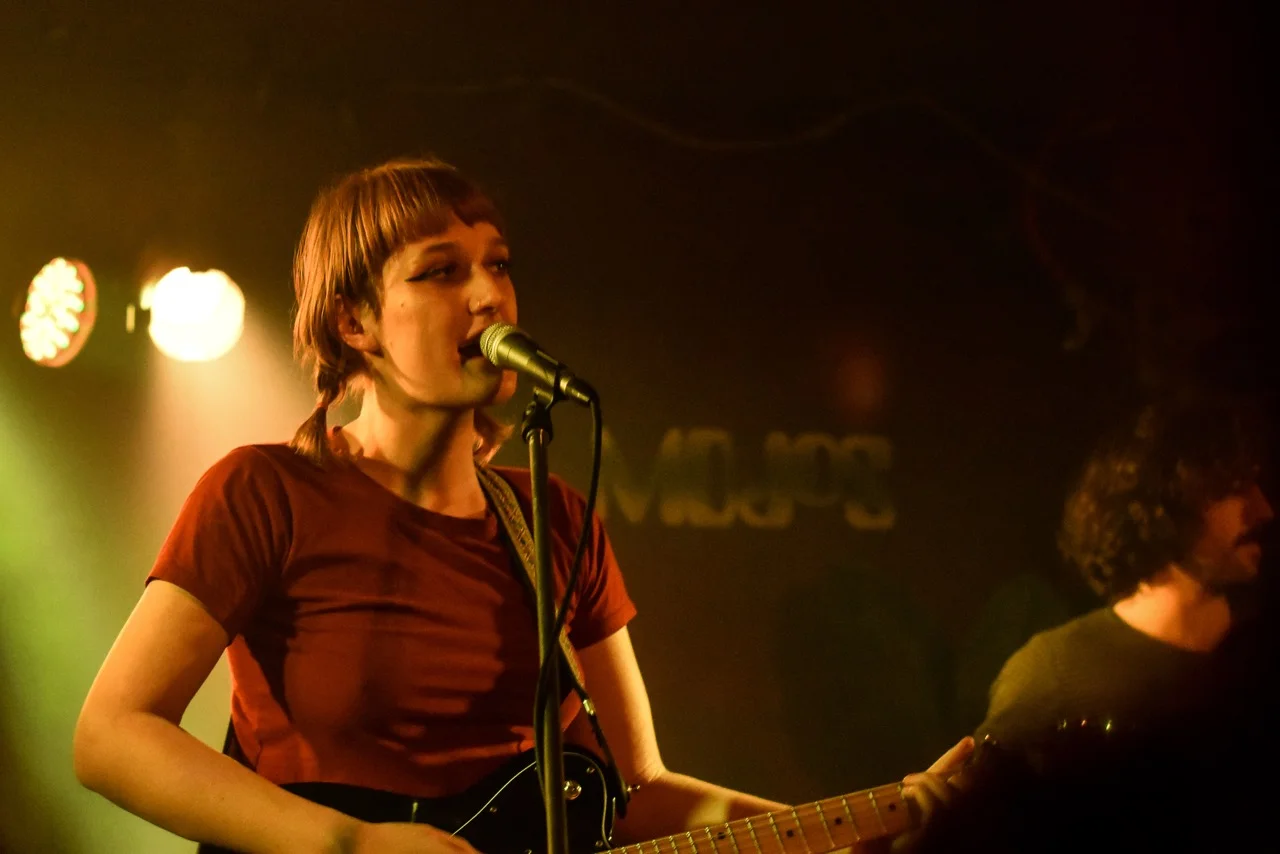INTERVIEW: Jeffrey Jay Fowler discusses the Last Great Hunt's new work Perpetual Wake
The Last Great Hunt is one of the most innovative and intelligent theatre making groups in Perth today. They create works which engage your intellect and your heart. Founding member, performer and writer Jeffrey Jay Fowler sat down with Bec Bowman to talk about the origins of The Last Great Hunt and their new show Perpetual Wake, showing now at Subiaco Arts Centre.
This interview was first broadcast as part of ArtBeat on RTRFM.
What were the origins of The Last Great Hunt?
So The Last Great Hunt started about five or six years ago, when Cat Osborne looked around at the Perth theatre scene and saw that there were a few smaller companies who were getting grants now and then, but weren’t really able to get enough to get noticed. So we all got together and developed this funding model which - you know, usually you have an idea, and you pitch it to a government body and then they approve it and 8 months later you might be able to make it, and we turned that around and said “You give us the money and we’ll come up with an idea” .
…That’s really ballsy.
Yeah it was, but it wouldn't have worked without the team that we have, and the works that we have produced as a result. And this way we can come up with an idea and the next day we can be working together on a project.
So The Last Great Hunt - was the name a way of describing that hunt for funding?
The name came about as a result of one of the most exhausting, painful, long groupthink sessions I have ever been a part of. I think it went for weeks. And we settled on the Last Great Hunt as a way of describing the hunt for innovative ideas and plays to produce. It’s building on the idea of hunting as being an intent to capture.
And so tell us about this new work, Perpetual Wake?
It’s about a young woman who writes her debut novel based a lot on her experiences. Then one night she’s at a bar and happens upon one of the most influential reviewers in Australia. So she gives him her book, and they embark upon this really long and challenging journey together - I kind of push and pull which explores what we would do to get the results we want for the things we have created.
This also seems in a way to build on your previous work, Le Nor, in that it takes a form of media which is not theatre - like film, or novels - and uses that as a lens to explore these bigger issues.
Yeah - I mean Le Nor was like a live film on stage. I suppose we are always experimenting with form. We’re always trying to approach things differently, we’re always looking for challenges as performers but we also want to provide new entertainment for our audience as well.
For this we’re playing with big, dirty images in a world full of savage people, we’re having a lot of fun with costuming and staging. And there’s a great freedom when you’re telling a story that’s in a book, but also about real people. So the plays kind of split, you’ve got the story of the reviewer and the young author and their journey, but also the book itself which is a big story about hunting and killing people - almost like a modern piece of literature, and we play with that, we play with the imagery around that.






